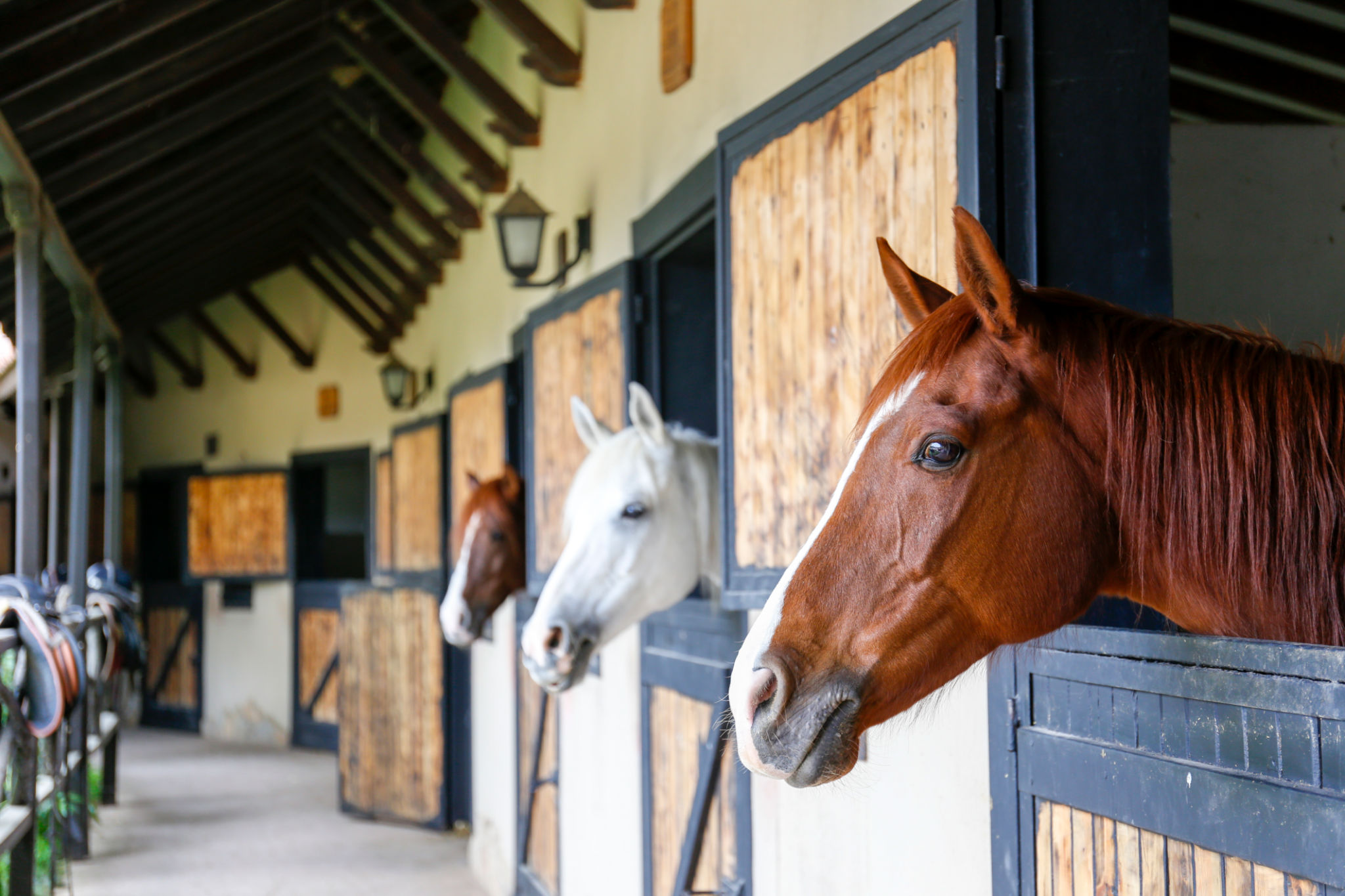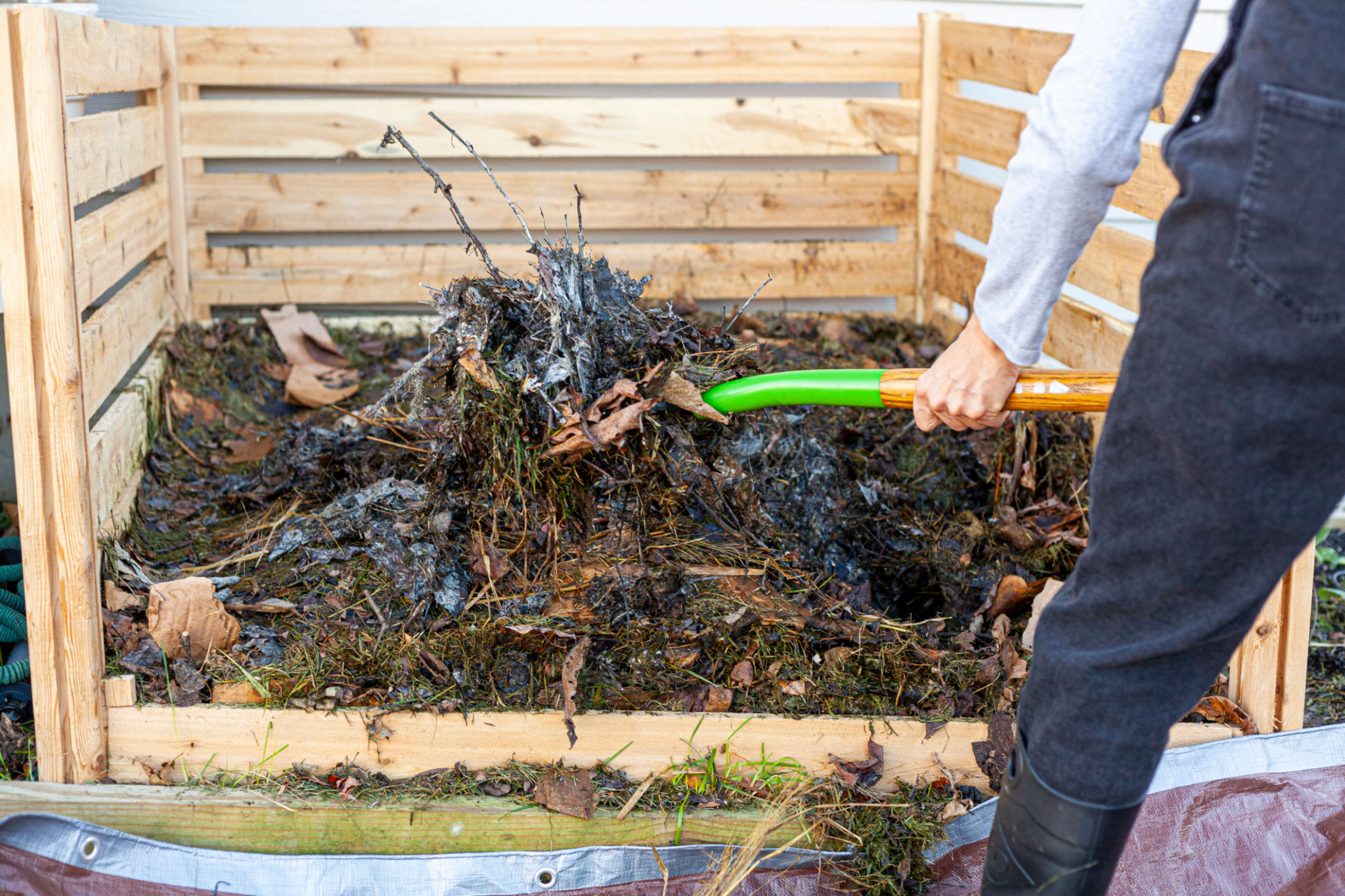Common Misconceptions About Equine Waste Management Debunked
Understanding Equine Waste Management
Equine waste management is a critical aspect of horse care that often gets misunderstood. It's not just about cleaning stalls; it involves a comprehensive approach to handling manure and bedding in an environmentally friendly way. In this blog post, we aim to debunk some common misconceptions surrounding equine waste management and provide clarity on the subject.

Misconception 1: Manure is Just Waste
A prevailing misconception is that horse manure is merely waste and a nuisance to deal with. In reality, horse manure is a valuable resource. It can be composted to create a nutrient-rich fertilizer that benefits soil health. Properly managed, it can enhance gardens and agricultural lands, contributing to sustainable farming practices.
Composting horse manure not only reduces waste but also minimizes odor and flies, making the stable environment more pleasant for both horses and humans. By viewing manure as a resource rather than waste, horse owners can contribute positively to the environment.
Misconception 2: Any Disposal Method is Acceptable
Another misconception is that any disposal method for equine waste is acceptable as long as it gets rid of the manure. However, improper disposal can lead to environmental issues such as water contamination and soil degradation. It's crucial to follow proper waste management practices.
- Composting: Properly composted manure can be used as a natural fertilizer.
- Spreading: Manure should be spread thinly and not near water sources to prevent contamination.
- Storage: Ensure manure storage areas are covered to prevent runoff during rain.

Misconception 3: Waste Management is Too Expensive
Many believe that effective equine waste management is prohibitively expensive. While there are costs associated with proper management, such as purchasing composting equipment or building storage facilities, the long-term benefits often outweigh the initial investment. By reducing waste volume and creating valuable compost, horse owners can save on disposal fees and potentially generate income by selling compost to local gardeners or farmers.
Moreover, small changes like regular cleaning and efficient use of bedding materials can significantly reduce costs. Investing in proper waste management is an investment in sustainability and the well-being of the horses.
Misconception 4: It's a One-Size-Fits-All Approach
Equine waste management is not a one-size-fits-all solution. Each horse farm has unique needs based on size, location, and available resources. It's essential to customize waste management strategies to fit these specific circumstances. Consultation with experts can help develop an effective plan tailored to individual farm requirements.

By understanding these misconceptions and approaching equine waste management with informed strategies, horse owners can make significant strides in sustainability while maintaining a clean and healthy environment for their horses. Embracing proper practices not only benefits the immediate surroundings but also contributes to broader environmental health.
In conclusion, it's essential for those involved in equine care to be informed about the realities of waste management. Debunking these myths allows for better practices that benefit both the environment and the equine community. By taking a proactive approach, we can ensure that our practices are sustainable and environmentally responsible.
